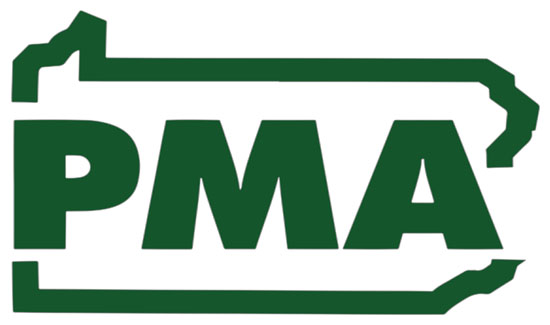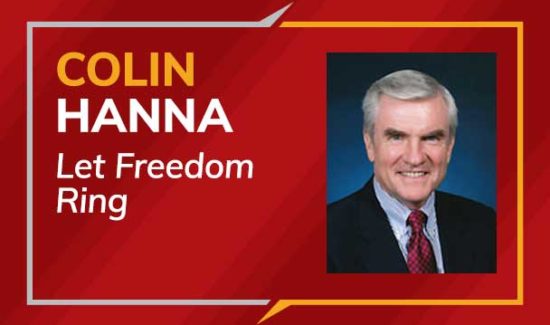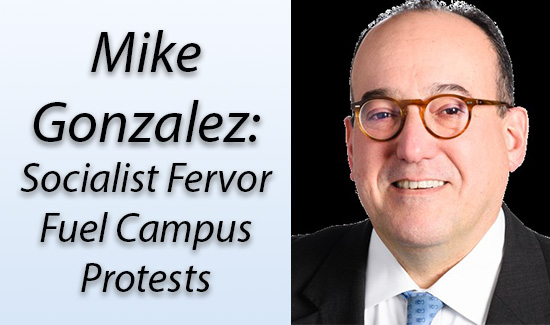Who’s The Greediest of Them All?

Politicians on trillion-dollar spending sprees have no credibility to scapegoat businesses
by David N. Taylor
In March 2021, Congress passed and President Biden signed into law the $1,900,000,000,000 “American Rescue Plan”, which lit the fuse for the highest inflation in forty years. The powers-that-be doubled down on overspending that August with the comically mistitled “Inflation Reduction Act,” establishing subsidies for wind- and solar-power that Goldman Sachs estimates will cost more than $1,200,000,000,000. Pennsylvania’s senior U.S. Senator Bob Casey voted for both bills, each of which passed by one vote.
When President Biden took office in January 2021, the inflation rate was 1.4%. After the “American Rescue Plan,” inflation jumped to 5.4% in June 2021. Following the “Inflation Reduction Act,” inflation rocketed upward, peaking at 9.1% in June 2022. Although the inflation rate fell to 3.1% in November 2023, it rose again to 3.4% in December and remains at more than twice the level when Biden took office.
The cumulative effect from the inflation spike continues to be felt: Mortgage interest rates have climbed, increasing the barrier for new homebuyers and dragging down the housing market. Fuel prices have also risen as the Biden Administration seeks to diminish domestic production of oil and natural gas. Of course, more costly energy affects all levels of production, which has a compounding effect on the price of all consumer goods.
The financial situation of the U.S. government is increasingly dire as the annual federal budget deficit approaches $1,700,000,000,000, the national debt now exceeds 120% of gross domestic product at $34,000,000,000,000, and the annual interest payment on that debt is more than $1,000,000,000,000, consuming an ever-larger share of total revenue. None of this will end well, and the longer our political class delays corrective action the more painful the reckoning will be.
In this situation, it is understandable that the politicians who caused this economic damage would attempt to pass blame onto someone – anyone – else. Thus, we find Senator Casey’s coinage of the new term “greedflation,” asserting that families’ higher grocery and fuel bills are the fault of the businesses that supply them rather than the economic conditions in which those businesses must now function.
Much like the concept that “wet streets cause rain,” Senator Casey’s formulation is exactly backwards. Price fixing by businesses is illegal under the Sherman Antitrust Act of 1890, and anyone who has evidence of that activity should contact the U.S. Department of Justice immediately. If a particular business is attempting to gouge customers, then that opens up an opportunity for other suppliers to take away market share. This is how markets function when they’re allowed to.
It’s especially galling when politicians use the COVID lockdown period as the baseline to compare profitability. Obviously, business gains will look larger when starting from absolute zero! Too bad similar interest in business profitability wasn’t shown by politicians like Gov. Tom Wolf who shut down enterprises across the board, choosing who could stay open and who couldn’t, and who got a waiver and who didn’t. Those kinds of politicians are perfectly content to watch employers lose everything in a government-enforced lockdown but there’ll be trouble if any of the survivors go on to actually earn a profit afterwards.
Government is supposed to work for the public but anymore it feels more like the other way around. We have political leaders who respect no upper limit on how much government can take from the private economy and no limit on how much debt can be inflicted on future generations of Americans. These kinds of politicians are going to spend as much as they want on whatever they want because that’s what they want, taxpayers and economic consequences be damned. That is the most dangerous and damaging greed of all.
Published on Broad + Liberty on 1/16/24






